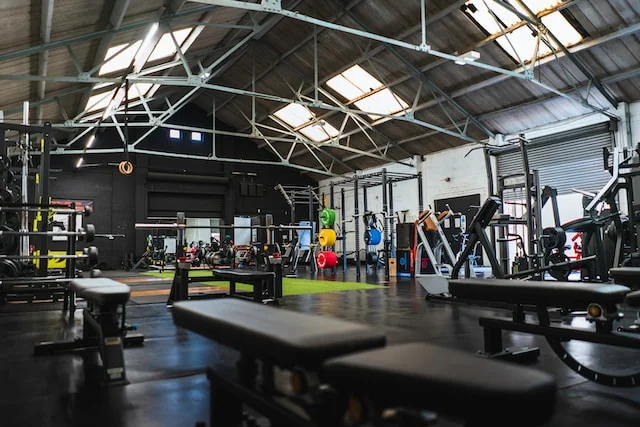The question of whether to eat before a workout is a common one in the world of fitness and nutrition. The answer, however, isn’t one-size-fits-all. It depends on various factors, including your individual goals, the type and intensity of your workout, and your body’s response to food. In this comprehensive guide, we’ll delve into the science behind pre-workout nutrition and provide guidance on whether you should eat before hitting the gym.
The Importance of Pre-Workout Nutrition
Before we explore whether you should eat before the gym, let’s understand why pre-workout nutrition matters:
- Energy: Food is your body’s primary source of energy. Consuming the right nutrients before exercise can provide you with the energy needed to power through your workout effectively.
- Performance: Proper nutrition can enhance your exercise performance, allowing you to train harder and longer.
- Recovery: Eating before a workout can help with post-exercise recovery by providing your muscles with the necessary nutrients.
- Blood Sugar Regulation: A balanced pre-workout meal can help regulate blood sugar levels, preventing crashes during your workout.
Factors to Consider
When deciding whether to eat before the gym, consider the following factors:
1. Type of Workout
- Cardio: For moderate to high-intensity cardio workouts, having a small, easily digestible snack may be beneficial for sustaining energy levels.
- Strength Training: If you’re focusing on strength training, you might not need a full meal, but having some protein and carbohydrates can support muscle growth and recovery.
2. Timing
- Early Workouts: If you exercise first thing in the morning, a small pre-workout snack may be necessary to fuel your body.
- Later Workouts: If your workout is a few hours after a meal, you may not need a specific pre-workout snack. Your earlier meal can serve as fuel.
3. Individual Tolerance
- Digestive Sensitivity: Some individuals have sensitive stomachs and may not tolerate food before exercise. In such cases, a liquid option like a smoothie may be better tolerated.
4. Goals
- Weight Loss: If your goal is weight loss, working out in a fasted state (without eating) may help burn more fat. However, it may impact workout intensity.
- Muscle Gain: If muscle gain is your objective, consuming protein and carbs before a workout can aid in muscle synthesis and recovery.
5. Hydration
- Fluid Intake: Staying hydrated is crucial. Even if you’re not eating before your workout, be sure to drink water.
Pre-Workout Nutrition Options
If you decide to eat before your workout, here are some pre-workout nutrition options:
- Light Snack: A banana, a handful of nuts, or a yogurt cup are light options that provide energy without making you feel overly full.
- Smoothie: A blend of fruits, vegetables, protein powder, and liquid can be a nutritious and easily digestible choice.
- Oatmeal: A small bowl of oatmeal with fruit and a sprinkle of nuts or seeds can provide sustained energy.
- Protein Shake: A protein shake with added carbohydrates can support muscle repair and energy levels.
Conclusion
Whether or not you should eat before the gym depends on your individual circumstances and preferences. The key is to strike a balance that fuels your workout without causing discomfort. Experiment with different approaches to find what works best for you. Keep in mind that consistency in your pre-workout nutrition can contribute to better exercise performance, enhanced recovery, and the achievement of your fitness goals. If you have specific dietary concerns or medical conditions, consider consulting with a registered dietitian or healthcare professional for personalized guidance.






